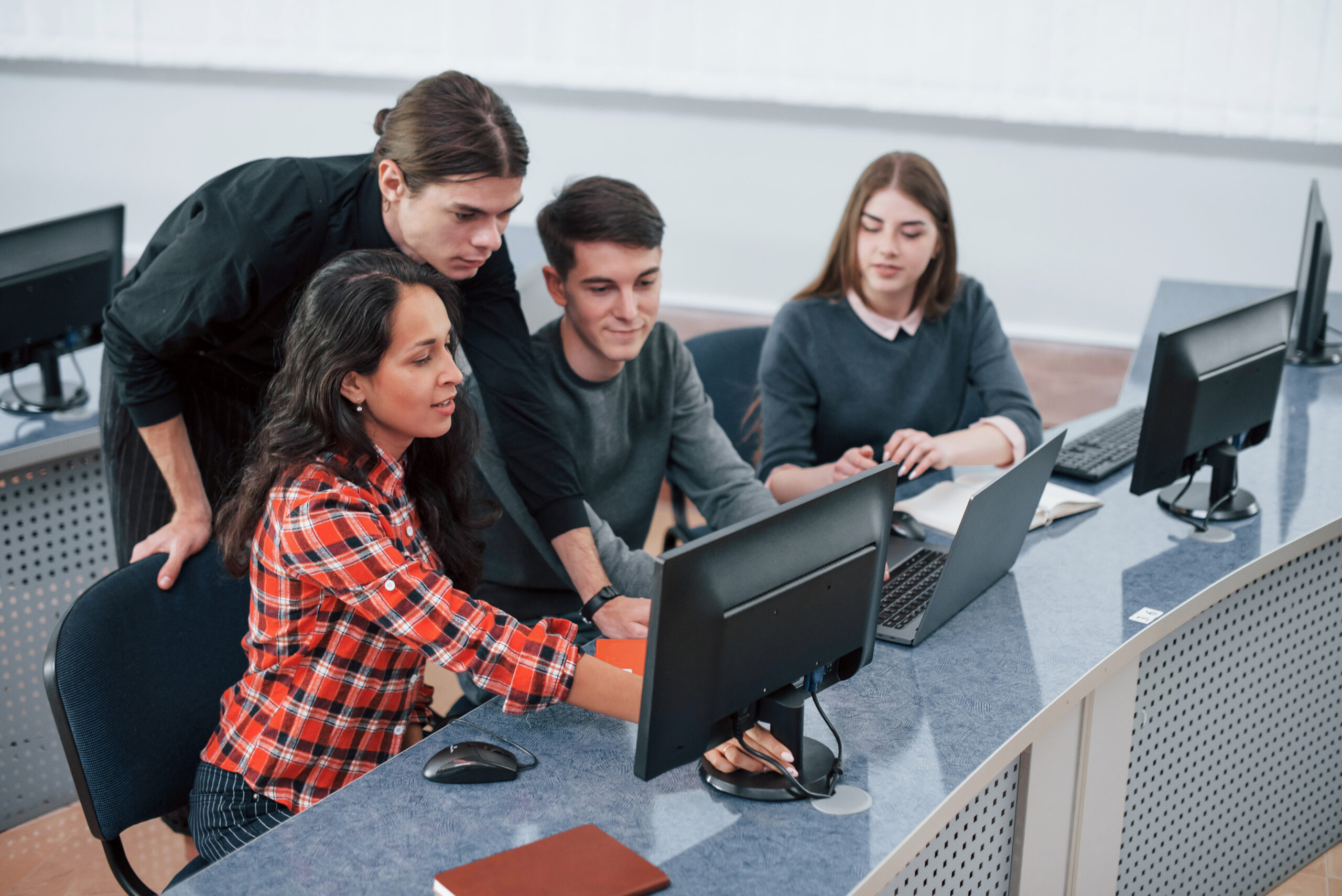Workshops for College Students:
Enhancing Practical Skills Through Interactive Learning
Introduction
In today’s fast-paced and ever-evolving academic and professional landscape, theoretical knowledge alone is not enough to prepare students for real-world challenges. Practical experience plays a crucial role in bridging the gap between education and industry requirements. Workshops for college students offer a hands-on learning approach, providing valuable insights and practical skills in emerging technologies and other critical areas. These interactive sessions help students learn by doing, ensuring that they develop problem-solving abilities, teamwork skills, and industry-specific competencies.
Workshops cater to a diverse range of fields, including technology, business, healthcare, and personal development. By participating in these specialized programs, students gain exposure to industry standards and real-life applications, making them more competitive in their careers.
1. Hands-on Learning Experience
Unlike traditional classroom lectures, workshops engage students in hands-on activities, allowing them to apply what they learn immediately. This experiential learning approach helps in better retention and understanding of concepts.
2. Exposure to Emerging Technologies
Industries are rapidly evolving with advancements in artificial intelligence, machine learning, blockchain, cloud computing, and more. Workshops introduce students to these cutting-edge technologies, preparing them for future job opportunities.
3. Skill Development and Enhancement
Workshops are designed to develop both technical and soft skills. From coding and digital marketing to leadership and communication, these programs cover a wide range of essential skills that enhance employability.
4. Networking Opportunities
Attending workshops allows students to interact with industry experts, mentors, and peers. Networking can open doors to internships, job placements, and collaborative projects, giving students a head start in their careers.
5. Boosting Creativity and Innovation
Workshops encourage creative problem-solving by engaging students in real-world scenarios and challenges. This hands-on approach fosters innovation, helping students think outside the box and develop unique solutions.
6. Improved Confidence and Readiness
By working on live projects and real-case scenarios, students build confidence in their abilities. This practical exposure makes them more prepared for interviews, internships, and professional environments.

